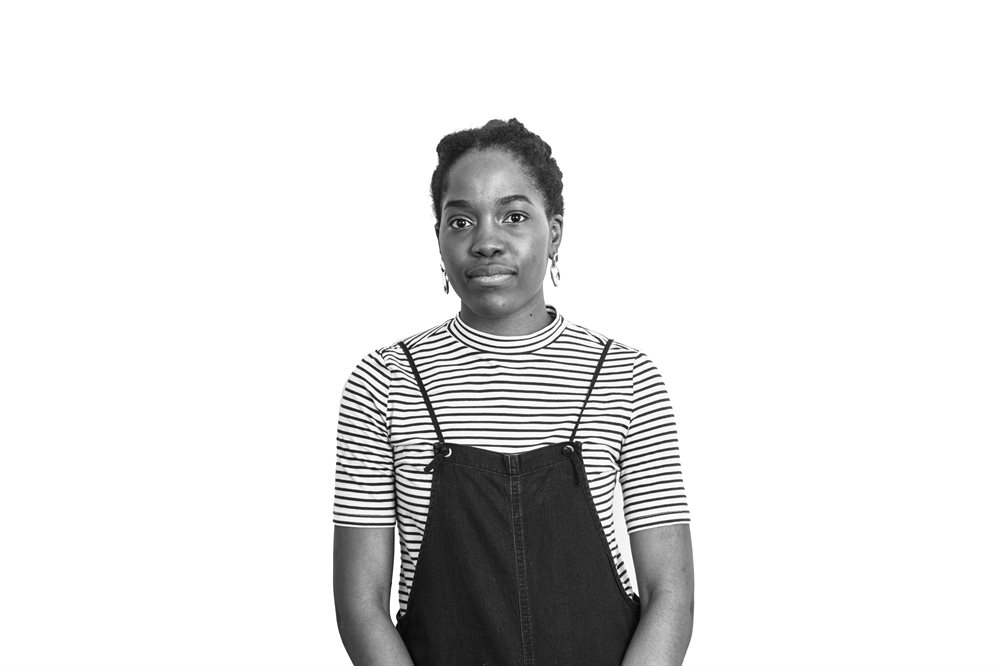People often ask me if there was a specific incident that moved me towards feminism or activism – like, ‘what was the one experience of racism or sexism that set you on this path?’ And I’m always reluctant to cite a single incident because it feels like such a broad stroke.
One incident I think back to often was when I was around 13. My parents were picking me up from the cinema after a friend’s birthday party. I’d left my friends – they were going one way, I was going the other. And this car drove by, and a group of white men inside shouted sexist and racist abuse at me. I remember feeling so disorientated. I didn’t tell my parents. On the way home they were asking me ‘so how was the film’ and I was like ‘yeah, it was cool’.
That wasn’t the first time I’d experienced racism or sexism, but it’s one that I turned over in my head for days. I think it’s because I realised that, regardless of how you act, people will make known to you how they see you. You don’t have any control over that. Looking back on it now, what I was reckoning with was the fact that racism and sexism - all oppression in fact – is structural and so there’s nothing you can do to evade it.
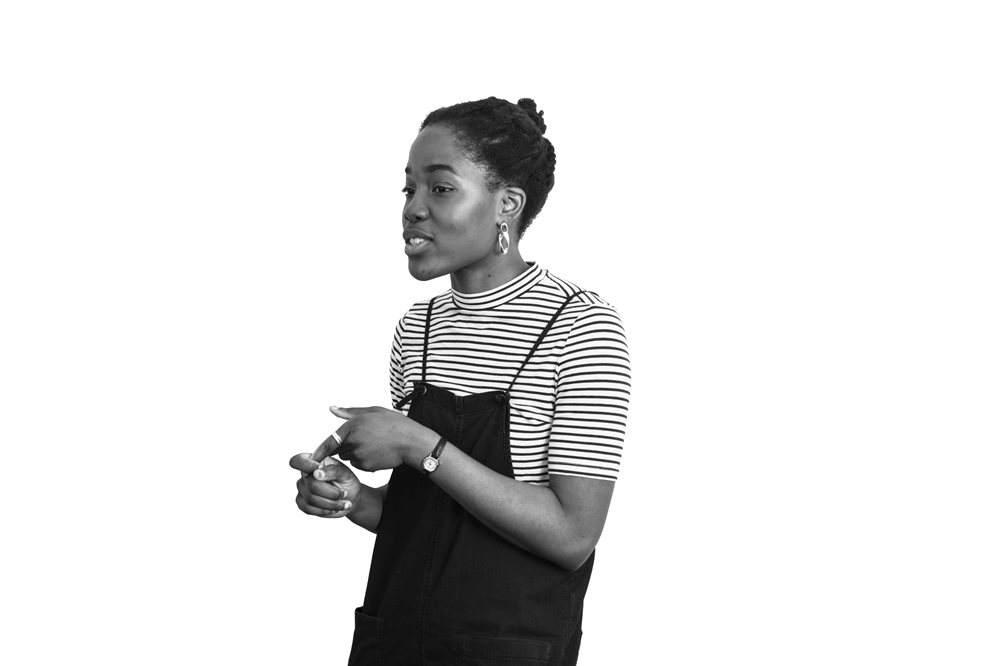
I grew up in south east London with my parents, older brother and younger sister. My dad’s a doctor and my mum’s a teacher – she actually taught at the secondary school that me and my brother ended up at.
My mum was always checking in on us, making sure kept on the right track. ‘Have you done your homework’, ‘have you done this’, ‘have you done that’? Thinking back on it now, that kind of care and attention is something I’m really thankful to her for. I think it’s a common experience for most Nigerian kids but growing up, school is always first and foremost.
My family were keen on me studying Medicine so my GCSE and A-Level choices were framed around that. It wasn’t like ‘You have to!’ but I thought I may as well - I loved Biology, I loved the thought of helping people every day. At the same time though I was also really into English and Drama and most of the ‘non-academic’ subjects.
I did well at GCSE, but didn’t quite meet my targets at A-Level. From my AS marks my school told me that I didn’t have the grades to apply to Medicine. I thought, okay, I’ll apply to Biomed and maybe do Medicine after.
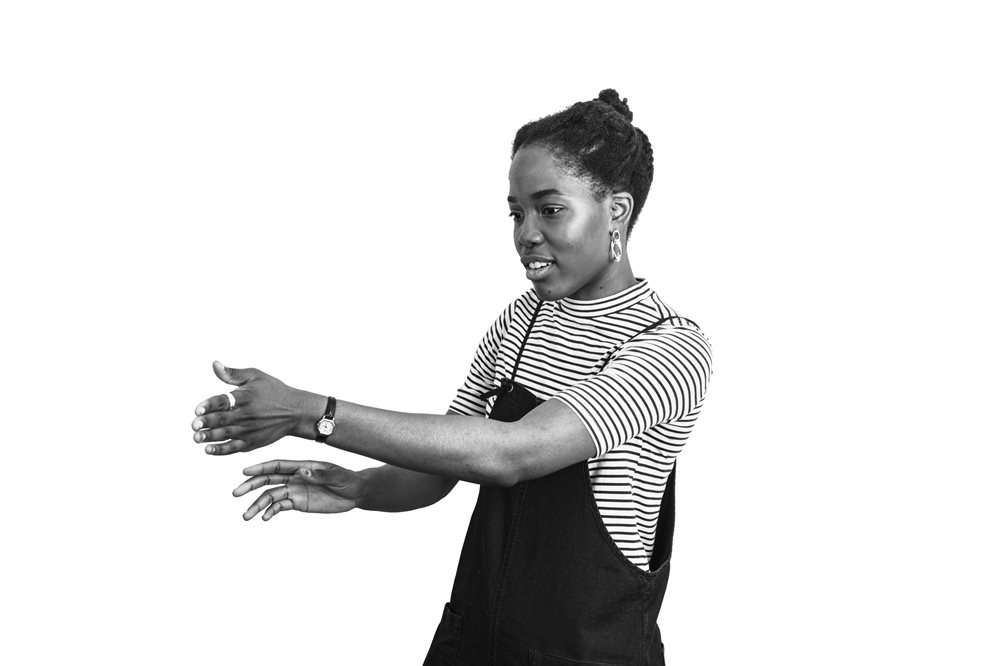
When I landed at City St George's, School of Health & Medical Sciences (Tooting), I wasn’t massively concerned about the course to be honest. I was more like ‘Ahh, I’m in London, on my own!’ I was away from home and had the freedom to explore all these other things I was interested in. This was the point I started getting into activism and reading more black feminist writers. I wasn’t really taking part in anything yet but I was keeping up with student activism at other universities, and generally became more politically engaged.
I looked at universities with active student feminist societies like Cambridge and KCL and thought - we should have that here. I remember being on the 492 bus from Chatham station to Dartford heading home for a weekend, and posting in this big Facebook group of all the Biomeds in my year something like: “Hi! If anyone’s into feminism and wants to help start up a feminist society at City St George's (Tooting), let me know!” It was phrased in the most palatable way because I really had no idea how people would respond, but then a wave of comments came through, people saying ‘Yeah, absolutely’ or ‘I was just thinking this!’
We called it the Intersectional Feminist Society to cite the term coined by Professor Kimberle Crenshaw. Over the course of that year we held events and socials, all the typical society stuff, but I kept thinking about what more could do to transform our own university space.
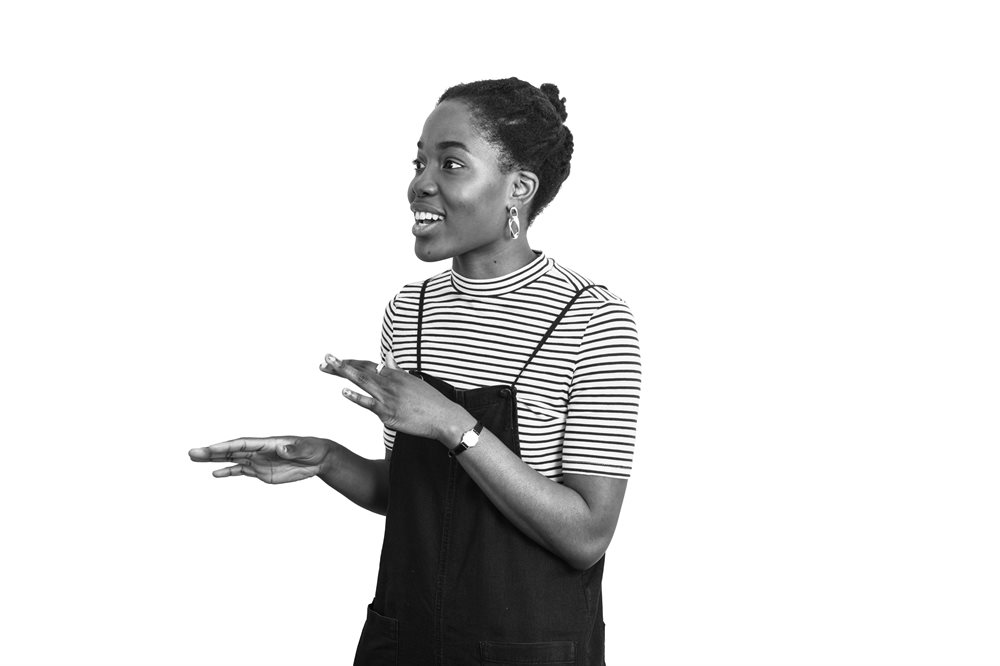
The Draw the Line campaign came about from discussions with an academic here called Margot Turner, who’s incredible. She told me about a medical student who was doing a piece of research into sexual harassment on-campus.
Together, we took the findings to the university and said we need an anti-harassment campaign. The results were devastating. Students were experiencing all sorts of sexual harassment and, as well as the prevalence being highlighted, it also highlighted the attitudes of survivors. There was a stubbornness in me saying it will change, it has to change.
When I was president of IFemSoc students would come to me and ask ‘what should I do if this happened to me? Should I report this or should I not?’, students were signposting other students to me to ask what to do because I was seen as ‘the Feminist person’.
There was real strength in looking to the student movement more broadly. There was a campaign called ‘It Stops Here’ at KCL, and I knew that was what I wanted to model ‘Draw The Line’ around. I reached out to then NUS Women’s Officer, Hareem Ghani, and she also provided a great amount of advice for the campaign. We were provided with funding by the then Higher Education Funding Council (HEFCE) through its Catalyst Fund which meant they would match the funding committed by the university to tackle sexual harassment.
As well as visuals, online materials and signposting to services on-campus, Margot and I designed consent and bystander awareness training workshops that were delivered the following Freshers Week. All undergraduate and postgraduate students enrolling received the student-led training, and the feedback was brilliant. It was mutually beneficial because I as a young student had all of this vim and the institution had the appetite for this work to happen! I think we made something that was really important.
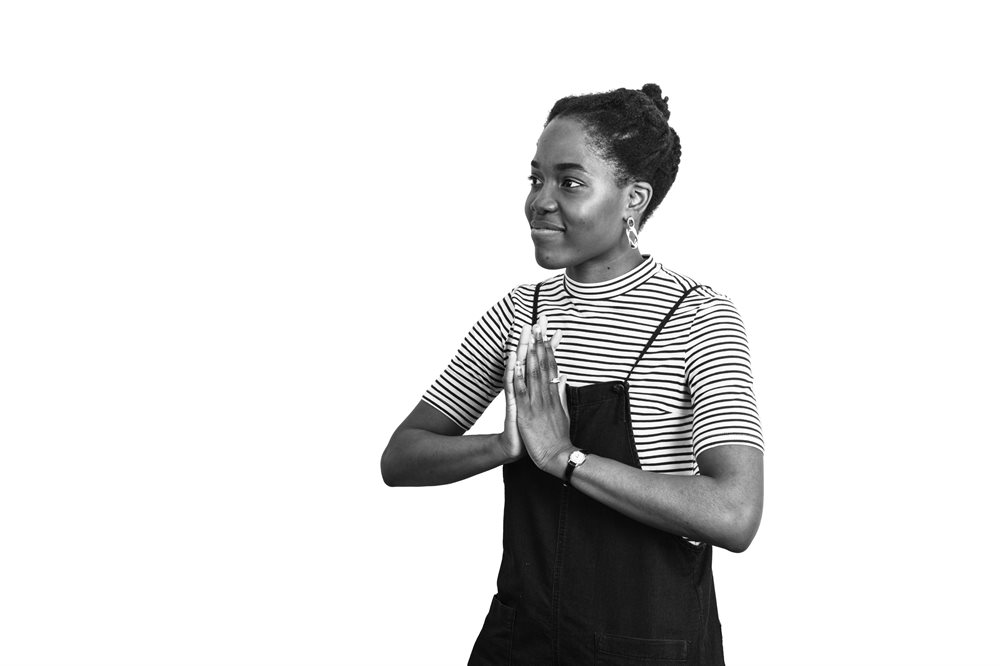
1 July 2018 was when I started my term as Women’s Officer at the National Union of Students, and its been wild. Early on in the role I found myself feeling quite overwhelmed, thinking ‘I’m just out of undergrad and now I’m in this big job, sat in big sector meetings, doing big national press.’ It took a while to settle in and let the imposter syndrome fall away.
Understanding that people saw me as a representative and as the first point of contact if they had an issue - anywhere - was hard. I remember someone calling me at midnight in one of my first weeks and him saying ‘one of my friends has just told me she’s been sexually assaulted, what should I do?’ There’s no way you can turn around and say ‘I’m not the person you should be talking to’, you have to switch your work brain on. When the phone call ended, I was sat on my bed at 1am thinking ‘What have I got myself into?’
It was an intense first couple of months, but I kept reminding myself that I had been elected for a reason and people had faith in me. I had incredible people supporting me within and outside of NUS. It took time to adjust but I did and the Women’s Campaign pretty much managed to do everything we set out to this year. I’m really proud of what I’ve been able to do. Its been the best year, it’s just been a wild ride.
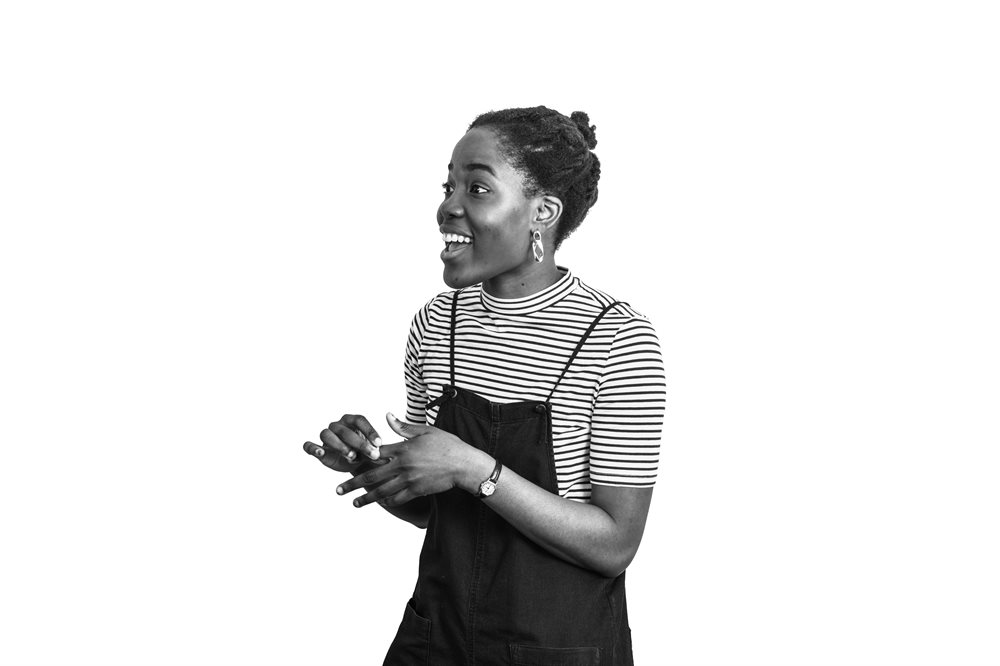
Moving forward I’m going to try and work and plant my feet in the world. Hopefully I’ll get another position around policy and campaigns in a third sector organisation, something centred around women’s rights or migrants’ rights. I want to do more community organising as well. I was really lucky to visit Crossroads Women’s Centre recently, a historic women’s centre in Kentish Town that does so much work for marginalised people. I plan to spend all my free time supporting the incredible organisations based there.
I’ve been thinking about Health, in the broadest sense, a lot recently. Health and Education underpin all my activist work because, for me - that’s it, that’s all a society needs. This September I’ll be starting on the Global Health and Development MSc at UCL, which I’m very excited about! I’m hoping the course will help me explore and find steady footing in the field, and inform my future activist work in a big way.
Sarah Lasoye is a City St George's, School of Health & Medical Sciences (Tooting) alumna who graduated from Biomedical Science in 2018.
